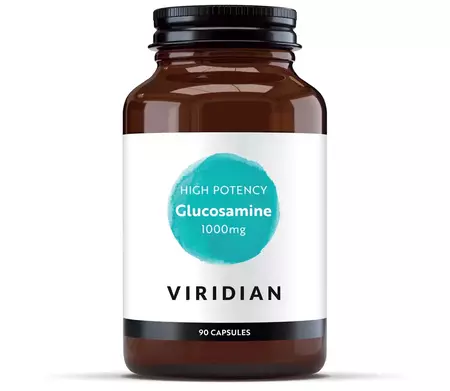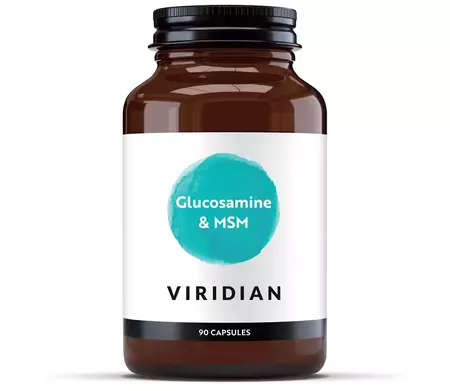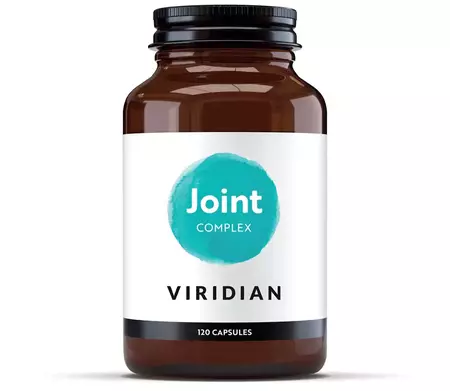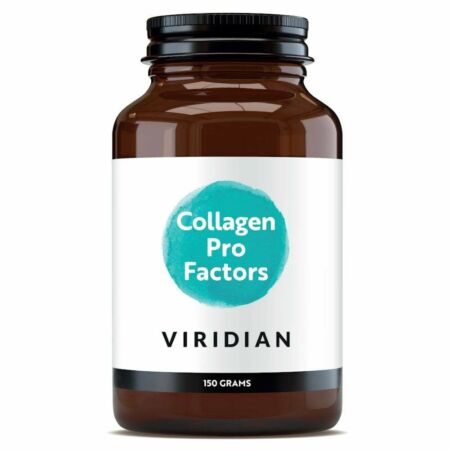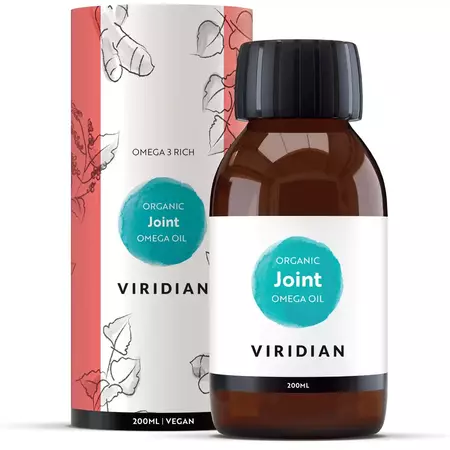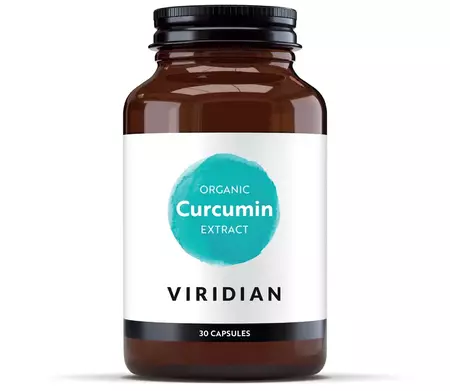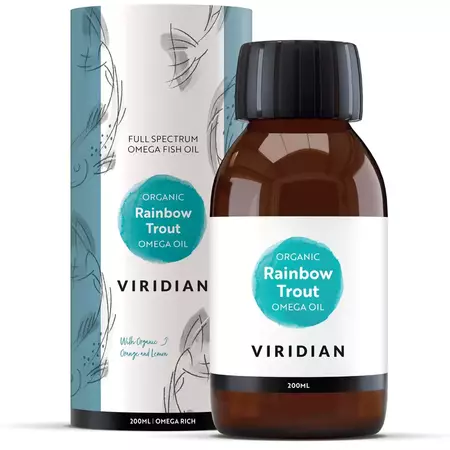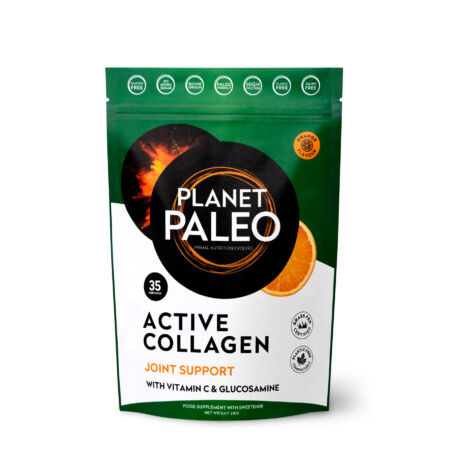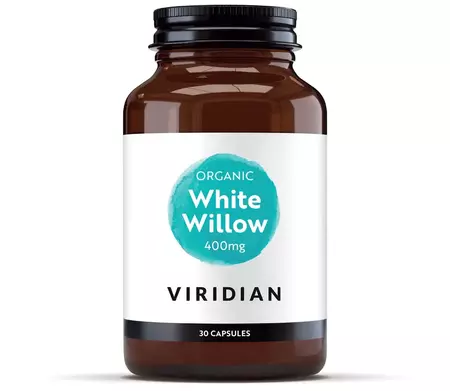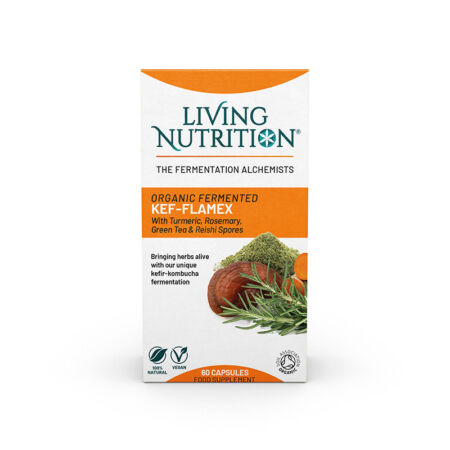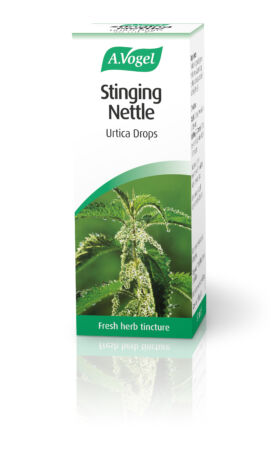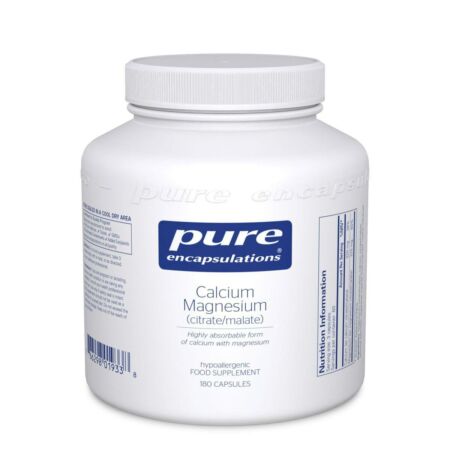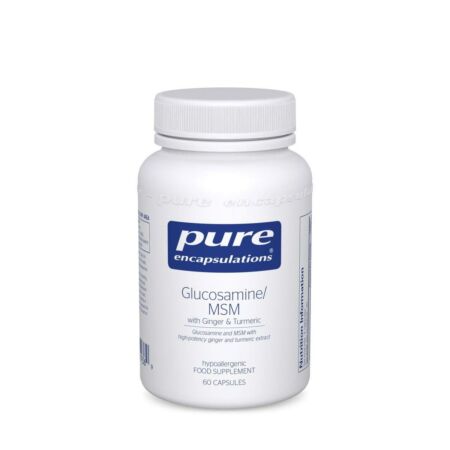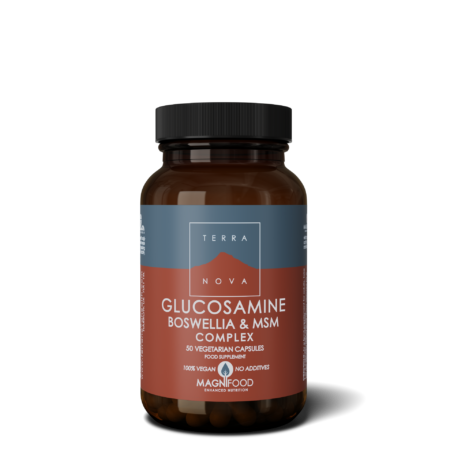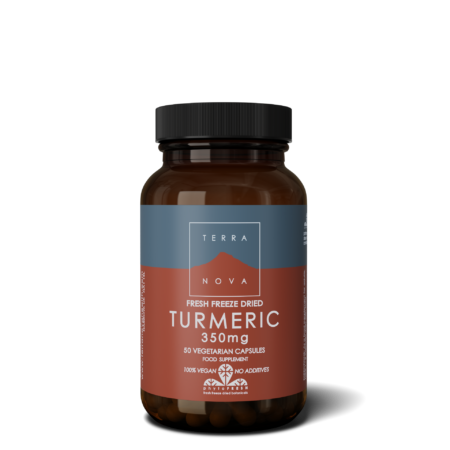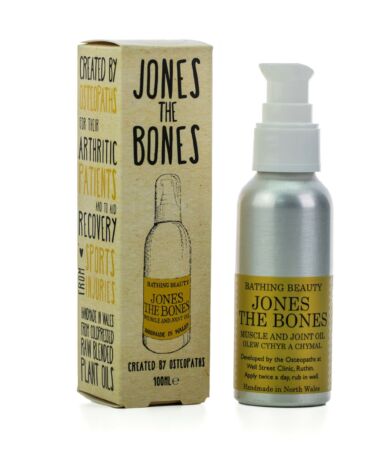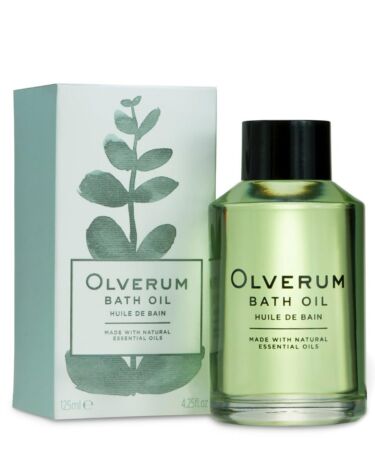Osteoarthritis is the most common form of arthritis, in which inflammation and pain occurs as a result of the protective cushioning called the cartilage at the end of the bones being worn down over time.
What is osteoarthritis?
Osteoarthritis is the most common form of arthritis, in which inflammation and pain occurs as a result of the protective cushioning called the cartilage at the end of the bones being worn down over time. Osteoarthritis is characterized by both joint degeneration and loss of cartilage and typical symptoms are early morning joint stiffness, pain on using joints and loss of joint function.
There are 2 categories of Osteoarthritis, the primary group tend to not have any predisposing factors leading to the condition apart from age related wear and tear which stresses the collagen matrix in the joints. In the secondary Osteoarthritis group, there can be predisposing factors such fractures, genetics, inflammation, hypermobility, changes in collagen and hormones that can influence the rate of wear and tear. Generally, people over 45 develop osteoarthritis and most of these are women. For the cases that occur in people under 45, most are men.
Therapeutic considerations for osteoarthritis
The support for this condition should be aimed at reducing the inflammation, preventing further damage to the collagen matrix and providing the right ingredients for reparation.
If weight is a factor then steps should also be taken to reduce the pressure of this excess weight on the joints. Factoring in weight issues or not, sugar intake should always be considered as this is one of the key factors that can have a pro-inflammatory effect and hence exacerbate the symptoms. Sugar can also contribute to the degradation of the collagen matrix of the joints. When we talk about sugar, we not only mean simple sugars added to the diet but also those simple carbohydrate foods that have a quick conversion to sugars in the bloodstream. By reducing these foods, it helps to manage the blood sugar balance, which will not only help with weight loss but it will also help to manage any insulin resistance, which is commonly associated with the condition.
Optimal diet and lifestyle for osteoarthritis
For blood sugar balance, it is not only important to reduce simple carbohyrdrates in the diet but we should also focus on the inclusion of the other macronutrients in protein and healthy fats. Healthy proteins and fats should be the main focus of each meal. The healthy omega 3 rich fats, such as those in oily fish and seeds, also help with reducing inflammation, which may help with managing the pain. Additionally, reducing inflammatory, high saturated fat foods and sugary drinks from your diet is important too. Focus on your diet having a large amount and variety of vegetables and some fruit (ideally aiming for 7 veg and 2 fruit a day), a small handful of nuts and seeds and a couple of tablespoons of extra virgin olive oil daily. Aim for line-caught oily fish 2-3 times a week and reducing the amount of animal meats in the diet, ensuring that they are well raised when they are consumed.
Other anti-inflammatory functional foods may also be useful such as the intake of the age old tradition of raw apple cider vinegar. Studies are extremely limited with no sound evidence for this as a recommended intervention, yet anecdotally, people do seem to report some relief with the regular intake. For other anti-inflammatory foods, such as turmeric, there are studies although limited, that do generally support an improvement in symptoms compared with placebo[1].
Exercise
Exercise is important for weight loss and also bone and muscle strength. Having a regular exercise regime appears to be helpful for reducing symptoms of Osteoarthritis[2]. Include a combination of resistance training and cardiovascular workouts regularly in your weekly schedule but avoid any physical exercise that causes too much strain on arthritic joints. As this is a delicate balance in terms of improvement of symptoms rather than aggravating, we recommend that you work with a professional to identify the best routine for your personal needs.
Glucosamine Sulfate
Glucosamine is perhaps one of the best known supplements when it comes to stimulating the development of molecules that are the structures of the framework of cartilage. It also attracts water which helps to create the gel-like structure of cartilage. As we age, we tend to lose the ability to make glucosamine as well as we did when we were younger, and this results in the cartilage becoming less supportive for our joints. A review on the studies of the efficacy of glucosamine showed a positive response on easing the stiffness of osteoarthritic joints[3].
Chondroitin sulfate
Chondroitin is another vital part of cartilage and is often supplemented alongside glucosamine. It is more associated with alleviating pain and improving function than glucosamine[4]
and the two are often combined in supplements due to their complementary modes of action.
Omega 3 essential fats
There are many types of the anti-inflammatory omega 3 essential fats from the alpha linolenic acid form found from sources such as flax to the more powerful forms of DHA and EPA primarily found in oily fish and some algaes. As above, we recommend the inclusion of these essential fats from the diet as a protective measure to support the health of the joints and prevent cartilage degradation. However with the onset of the condition, supplemental sources of these essential fats may be helpful to reduce pain. These can be in the form of cold pressed flax oil, vegan marine algae and and good quality fish oils. Most of the studies look at fish oils specifically due to their more therapeutic activity in relation to the pain associated with osteoarthritis. Studies report an improvement in knee function on taking the fish oils at a moderate dose of around 1000mg daily and report no additional conferred benefit by taking additional amounts[5]
[6].
Cannabidiol (CBD)
Cannabidiol (CBD) is a natural chemical which is found in the cannabis plant. It does not contain tetrahydrocannabinol (THC) which is what gives cannabis its psychoactive element. Evidence at the time of writing (2020) remains preclinical yet it has shown promise for positive outcomes in relation to both pain and inflammation[7]. Although a fairly new addition to the supplement market, it is commonly used for chronic pain related conditions as it interacts with endocannabinoid receptors in the brain and immune systems. It can be used topically as a cream, gel or spray on the area affected by osteoarthritis or it can be taken orally. For oral administration, it should be noted that there is huge quality variation in this currently unregulated area of the market. We recommend that any product to be consumed should have the Good Manufacturing Practice accreditation (GMP) and outcome goals should be achieved within a relatively short space of time under the supervision of a professional. We also recommend that this is not used as a single line of intervention without looking at dietary and lifestyle factors as the first line approach.
Summary for osteoarthritis
There are many other nutrient considerations that are of importance when it comes to the health of the joints such as vitamin C for optimal collagen formation, vitamin D for pain reduction and other anti-inflammatory functional foods such as ginger and supplements such as boswellia. If you are looking for a supplement to support a healthy diet and lifestyle approach to this condition then we would recommend looking for an all round formula to include as the building blocks for the health of the joint tissue but also include the anti-inflammatory compounds to support pain relief. For your personal tailored plan to address this condition then we would highly recommend booking in for a consultation with one of our Registered Nutritional Therapists.
Key nutrients and botanicals: vitamin B6, vitamin C, vitamin D, vitamin K, vitamin A, vitamin E, zinc, copper, boron, selenium, Curcumin, Ginger, Boswellia, Grape Seed Extract and Pycnogenol.



